All coaches and training experts talk about doing good bodybuilding sessions, and having a good diet. All these parameters are absolutely essential to the progression of your muscles, but today we are going to talk together about another extremely important subject in bodybuilding in general which is none other than sleep.
Why is sleep important in bodybuilding?
A sportsman, athlete, bodybuilder or bodybuilding practitioner must sleep more than a sedentary person who does not practice physical activity. Between 8 to 9 hours would be really ideal and it is the rest time that is needed for optimal muscle growth. Let's see in detail how this happens.
Do you think that when you work out, your muscles get bigger?
Visually, it is possible to see a congestion and vasodilatation that makes you see that your muscles are getting bigger at that moment. In reality, the phenomenon of this congestion is only visible when you train and at most 1 hour after the session. So the answer is no, your muscle does not get bigger during your training. On the other hand, this congestion facilitates the arrival of nutrients in your muscles. So when does your muscle get bigger?
Your muscles are rebuilt during rest and more precisely during your sleep.
So how is it going?
The muscle, which is made up of muscle fibres and this one is put to hard test during an intensive training. Indeed, the bodybuilding exercises that we put our body through create micro-tears on these fibres. Moreover, sometimes, but not systematically, you feel aches.
It is at rest (relaxation) and during our sleep that these cracks are rebuilt. Those who sleep enough will have a better muscular recovery and those who do not sleep will have a risk of injuries and or overtraining.
Sleep and weight loss: how will it affect your goals?
To recover, you need a sleep in several phases including a deep phase which is essential for the repair of your fibers.
Does sleeping make you lose weight?
You've certainly been told over and over that you need to get more sleep?
Well, of course that's not wrong! To wake up fresh and allow your broken muscle fibers to rebuild and become stronger, (as explained above), you would need a minimum of 8 hours of sleep each night. And unfortunately it is not possible to make up for a lost night's sleep by going to bed earlier the next night. It doesn't work that way. But to go further, there is a direct correlation between sleep and weight loss.
What is the link between sleep and weight loss?
Your diet will obviously play a fundamental role in your weight loss. That's why it's important to know how to calculate your calories and macros by following a dryer program or the "abs in concrete and flat stomach" program, or by having a qualified coach help you with a personalized follow-up that will calculate your daily calorie needs for you. But many factors will be linked to your success. When it comes to sleep and weight loss, there are a number of things you need to know and understand.
Research has shown that people who had proper recovery and rest would tend to consume more sugar during the day. And conversely, if you didn't get enough sleep at night, you're likely to consume one or more cups of coffee to get through the workday. And what do most people who drink coffee at work do? They add sugar or milk which adds a lot of calories quickly and will be difficult to count in your daily calories.
Risks of hormonal imbalances
When it comes to sleep and weight loss, not getting enough shut-eye in a 24-hour day can play on your hunger hormones.
What are these famous hunger hormones? Your body has two hormones that control hunger: leptin and ghrelin. These hormones have the ability to change the way we feel hungry.
Leptin is a hormone that regulates the body's fat reserves and mainly controls our sense of hunger and therefore satiety.
On the other hand, ghrelin stimulates the appetite and thus increases the feeling of hunger.
These two hormones (leptin and ghrelin) work together to maintain a certain balance in the body.
When you don't get enough sleep, your body doesn't produce enough leptin to make you feel full. This causes a feeling of hunger due to the increased amount of ghrelin even when your body does not need energy and food.
When your body is sleep deprived, you are constantly hungry, which leads to trips to the fridge and all sorts of snacking, which inevitably leads to exceeding your daily calorie allowance for the day.
Cortisol responsible for sleep and weight loss?
Cortisol is the ultimate stress hormone. When your body is stressed, cortisol levels rise, which produces energy.
For example, when we get up in the morning, cortisol levels are high which gives us the energy to face the day and be productive.
However, when our bodies are stressed and we have no way of reducing these cortisol levels, such as through relaxation or meditation, it will not allow for a good night's sleep or weight loss.
Normally as the day progresses, our cortisol levels should drop and reduce our energy levels, which is ideal for getting ready for bed at night.
It is therefore imperative for you to understand how to react in stressful situations in your life to allow your mind and body to relax when it is time to go to bed.
Less energy in training
If you haven't had enough rest, it's going to be difficult to get good workouts in weight training or any other physical activity to be able to reach your fitness goals. Not only will your appetite be impacted, but you won't have enough energy to train optimally at the gym. On top of that, if you don't get enough sleep, your muscles won't be able to recover properly which will greatly slow down your progress.
Having a good quality of sleep as well as good results in terms of weight loss will only be possible if you pay great attention to your recovery and nutrition.
If you are tired of eating the same thing every day, add variety to your diet with the protein recipes you can find on my Youtube channel and my programs that will allow you to lose weight without frustration while enjoying yourself in a calculated way.
How to have a good quality of sleep and lose weight?
There are several methods you can use to improve your chances of sleeping well.
Sleeping in total darkness
To be able to sleep well and lose weight, the room in which you sleep must be completely dark. This means that no light should enter from outside.
Believe me, since I invested in custom-made roller shutters that don't let in any light from outside and my bedroom is completely dark, I've managed to gain 1 hour more sleep per night!
Cut yourself off from outside noise
Depending on where you live, it may be difficult to shut out outside noise, such as car traffic in the streets adjacent to your house or apartment or noisy neighbours. All of this can stimulate your senses and keep them awake at night.
Good quality earplugs will help reduce outside noise, but be sure to set your alarm loud enough in the morning to hear it!
There are also sleeping devices or White noise machine with soothing natural sounds that create a sound environment conducive to sleep, which will be of great help to improve your sleep.
Lower the temperature in your room
By lowering the temperature in your bedroom, you can improve the quality of your sleep. You can do this in a number of ways: put on the lightest clothes possible, use a fan, open a window or turn down the air conditioning if possible. This will help your body to rest and sleep, but also to stay asleep.
Turn off your connected devices
We live in a connected world today in which we constantly have our smartphones and tablets with us, but at night you need to force yourself to turn them off in a way that will help you improve your sleep and your weight loss progress. It will definitely take a lot of effort at first, but force yourself to separate yourself from your phone or tablet by putting them in a separate room on silent or turning them off completely so that you are not woken up by unwanted notifications.
No coffee
Do not drink coffee or tea after 2 p.m. and avoid caffeine or theine as much as possible. Even less a pre-workoutif you train after 5pm.
Opt for a nap
Opt for a restorative nap if you have not been able to have a full night's sleep. Be careful, a nap does not mean falling asleep for 3 hours, otherwise you might not sleep at all in the evening. A quarter of an hour is sufficient after a meal, for example.
Consider natural supplements
If, despite all the above advice, you are still unable to find sleep or improve the quality of your sleep, you can consider using natural food supplements to help you sleep well:
Valerian is a popular medicinal plant traditionally used for its sedative and anxiolytic effects. It would reduce stress and improve sleep, and therefore a natural alternative to sleeping pills and chemical anxiolytics.
Melatonin is a hormone produced naturally in the brain by the pineal gland (also called epiphysis). In the presence of light its secretion is decreased and it is stimulated in the dark. It has been shown that taking one milligram of melatonin before bedtime helps to reduce the time it takes to fall asleep and can also combat jet lag when travelling.
- 5-HTP:
5-HTP is a neurotransmitter used by our body to produce serotonin, it regulates mood, promotes good rest, acts as a natural appetite suppressant, it even has the ability to reduce headaches, depressive states and anxiety and improve mental concentration.
High serotonin levels produce a feeling of satiety that prevents you from consuming more calories than you actually need, so it is very useful for both improving sleep and for weight loss.
- GABA :
γ-aminobutyric acid (GABA) is a neurotransmitter amino acid that naturally increases the concentration of certain anabolic hormones in our body, including growth hormone and testosterone.
GABA allows for better quality sleep and promotes anabolism by increasing testosterone and growth hormone levels, improves sleep quality, promotes relaxation and well-being, reduces anxiety and depression, and improves mental cognitive skills.
Gentle methods:
There are other methods to improve the quality of your sleep and do not hesitate to consult a specialist if you feel the need (psychology and well-being) using different techniques: hypnosis, meditation, relaxation, yoga, Jacobson method.
I have already tested self-hypnosis for sleep and I recommend you to go and have a look at the youtube channel of the specialist Benjamin Lubszynski who is the specialist in the field.
If you liked this article, don't hesitate to leave your comments
Also read articles:
Why is muscle recovery more important than training?
How to successfully gain weight?

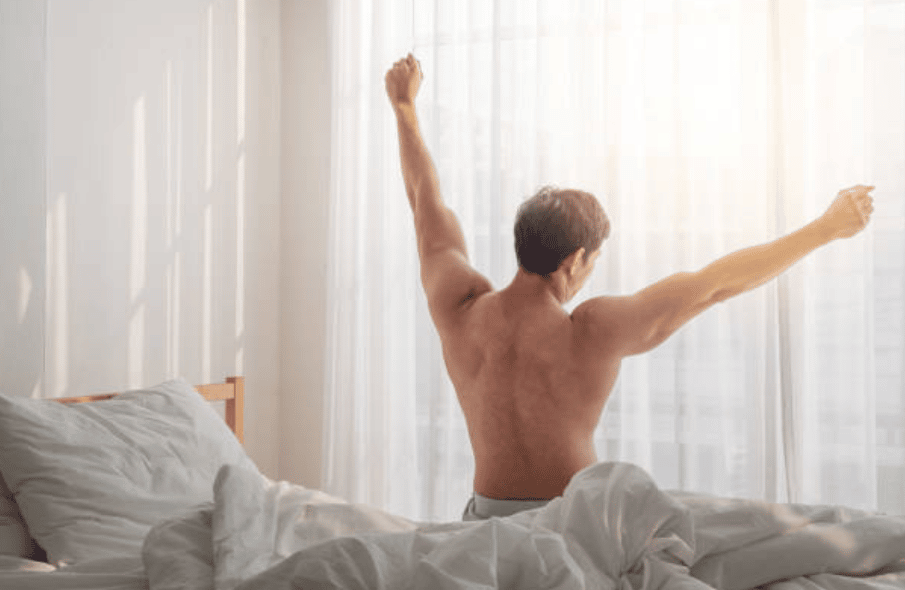
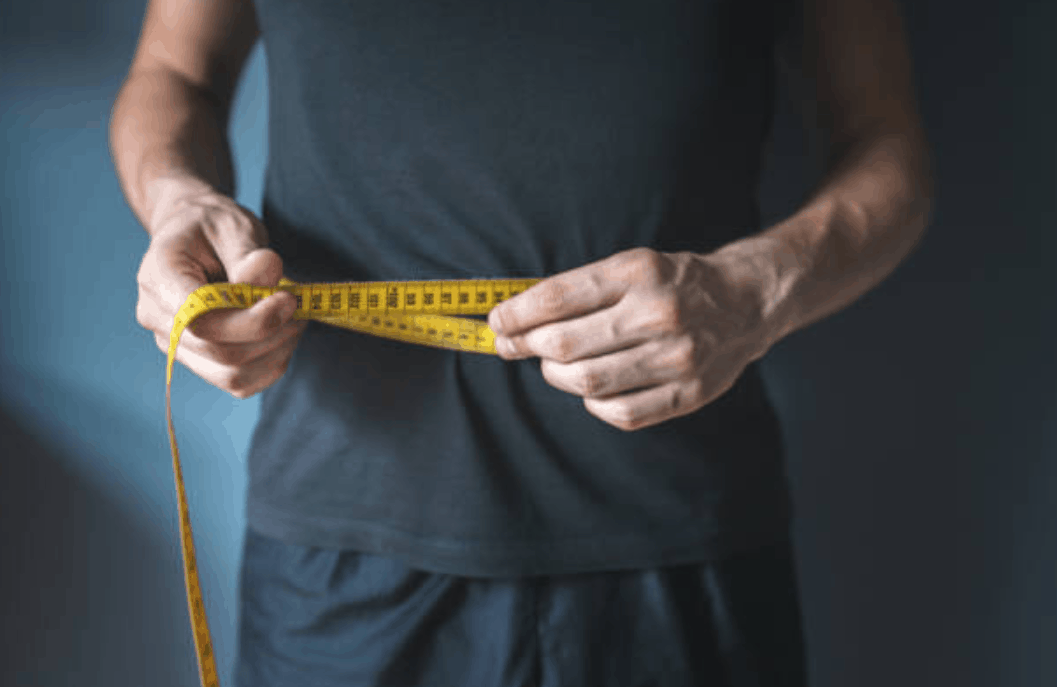



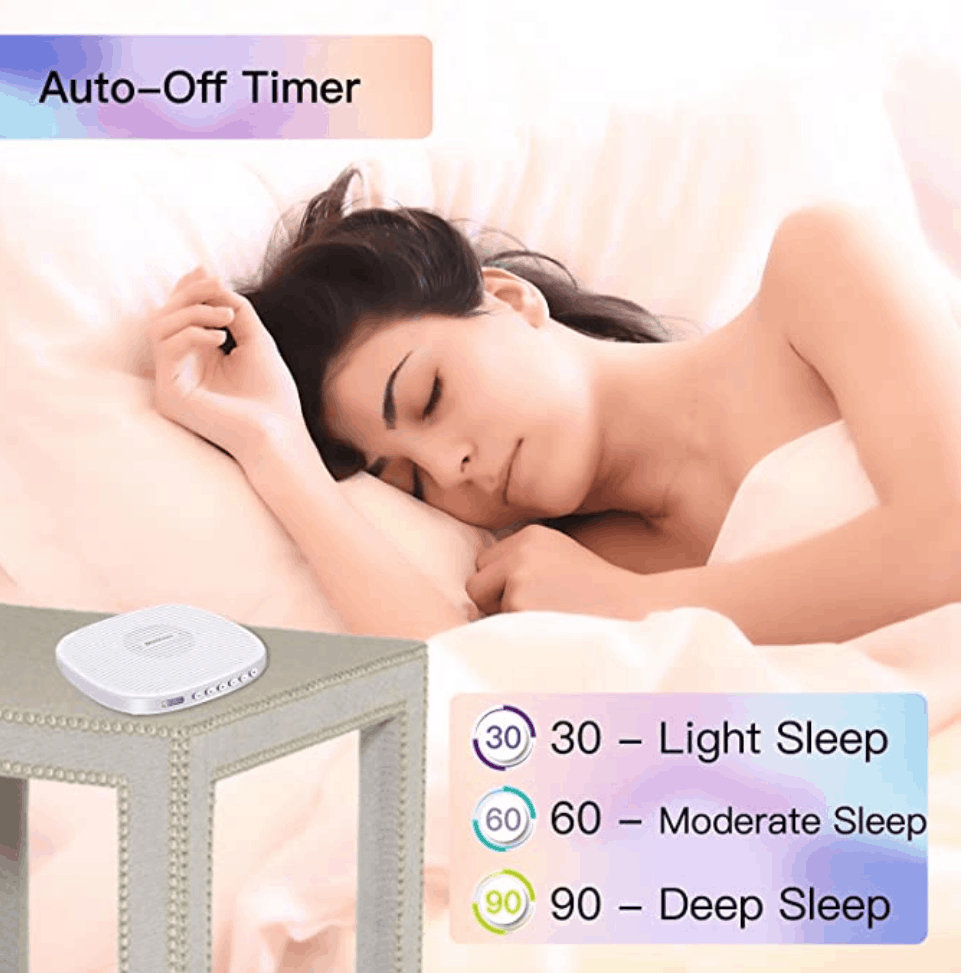
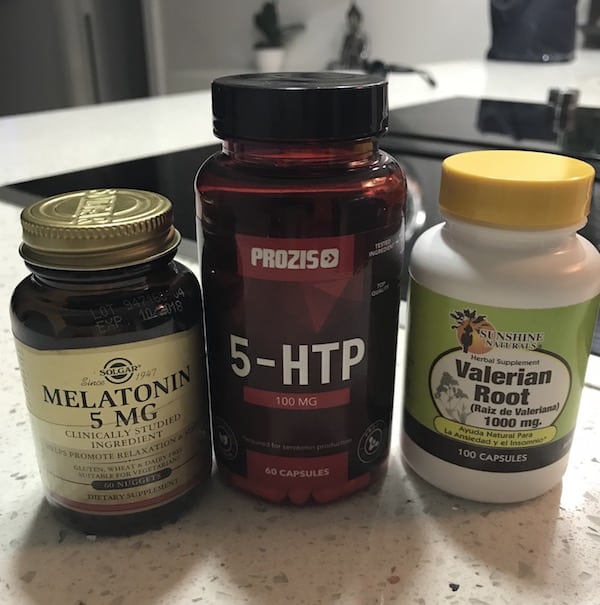
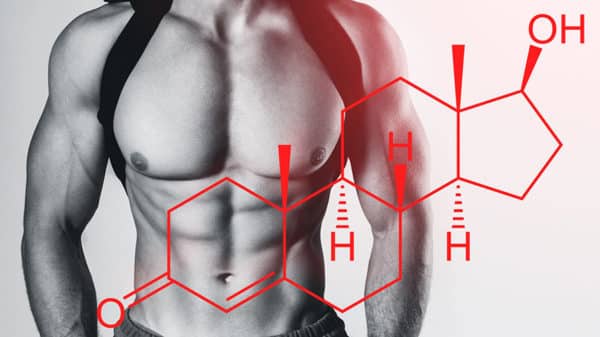





3 Comments
Interesting article, it's not enough to push for weight training and eat healthy. Sleep is important
I went to a nutritionist to lose weight and he never mentioned sleep
Hi Julien, at the end of your article you talked about sleep hypnosis on youtube but you don't say if it really works